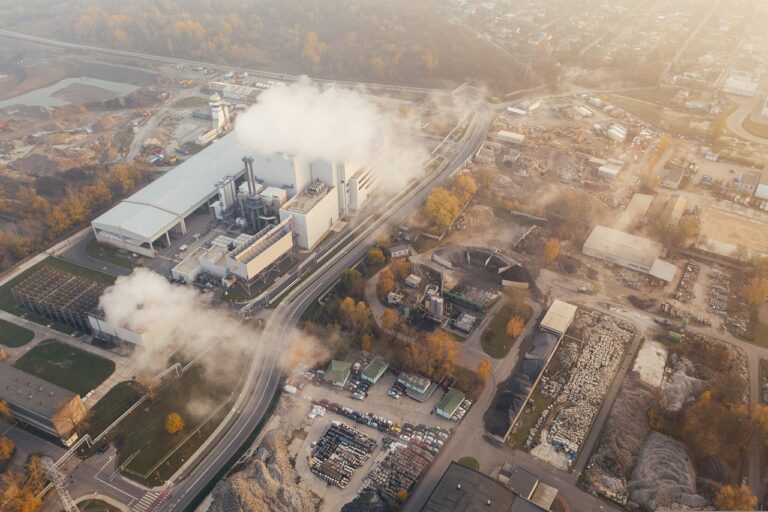Gas prices are escalating and Europe may be facing a hard decision. The price hikes have pushed up electricity costs, but the main cause of these increases is the price of gas. Europe relies heavily on gas for power production, and without it, some businesses may simply give up.
Table of Contents
Gazprom pipeline
Russia’s natural gas supplies are a major concern for Europe, which has been dependent on the Russian gas for decades. In an effort to reduce its dependency on Russian gas, the European Union has sought to reduce the costs of its gas imports by negotiating with Russia. The dispute has fueled speculation that the European Union will have to find another way to secure its gas supplies.
But gas supplies to Europe are under severe threat due to the shutdown of the Sokhranovka point in Ukraine, which runs through Russian-occupied territory in the east of the country. Without this pipeline, Europe could lose up to a third of its gas supply. This is a big issue as Russia supplies almost 40% of Europe’s gas needs. Last year, Russian deliveries totalled 155 billion cubic metres of gas. Most of that gas goes to Austria, Italy, Slovakia, and other countries in eastern Europe.
Independent gas producers
In a nutshell, an independent gas producer is a company that produces and distributes gas. The company is part of an international association called the International Association of Oil & Gas Producers (IOGP). Members of IOGP include some of the world’s biggest oil companies, as well as leading industry associations, and companies involved in gas exploration, production, transmission, distribution, and utilisation. The purpose of the association is to promote consistency and effectiveness in all areas related to the gas industry, including health, safety, environment, and economics.
Currently, the EU imports about 45 percent of its gas from Russia. In the same period, Russia is the largest oil supplier in Europe, with 27 percent. But the EU is not likely to move away from Russian imports completely until 2026.
Nabucco pipeline
The EU Energy Commissioner Andris Piebalgs has stated that the Nabucco pipeline is the first great infrastructure project of the 21st century, but that it cannot be completed without political solidarity and coordinated foreign policy from EU member states. It is important to note that the Nabucco pipeline will only connect with the European Union, so it must also connect with a Trans-Caspian Sea pipeline.
The European Union’s current dependence on Russian gas is putting a strain on the continent’s energy-intensive industries. Gas is needed in the processes that produce glass bottles, pasteurize milk, and forge steel. Companies that use gas in these processes must ensure the supply continues to meet demand. Because of the high costs, they cannot simply switch to other sources of energy overnight. The switch would be costly and could damage equipment.
LNG terminals
If Europe cannot rely on Russia for its gas supply, it will have to rely on LNG from other sources. Other European nations are better prepared than Germany for the prospect of LNG imports. There are now 37 LNG terminals on the continent, with 26 of those in EU member states. Currently, about a quarter of Europe’s gas demand is met by LNG imports. Germany will have to rely on these terminals if it is to meet its gas demand.
Environmentalists have opposed the project, arguing that it is not environmentally sound. The environmental impact assessment (EIA) required before any project could proceed was a necessary step. However, this process has been stalled by environmental activists.
Central Asian gas
If Russia were to give up its monopoly on gas supply, Central Asia would be a viable alternative. Central Asian states already have significant amounts of gas, and they could demand a higher price from Russia if it shuts its pipelines to Europe. However, this could backfire for Europe and be harmful to its consumers.
Central Asian nations are willing to supply gas to China on virtually any terms. The Arctic 2 pipeline is one such project, and it will double the country’s current LNG capacity. However, this project depends on foreign partners, technology providers, and project management expertise.
Read also: Gas crisis set to worsen next year after Europe burns through winter supplies












